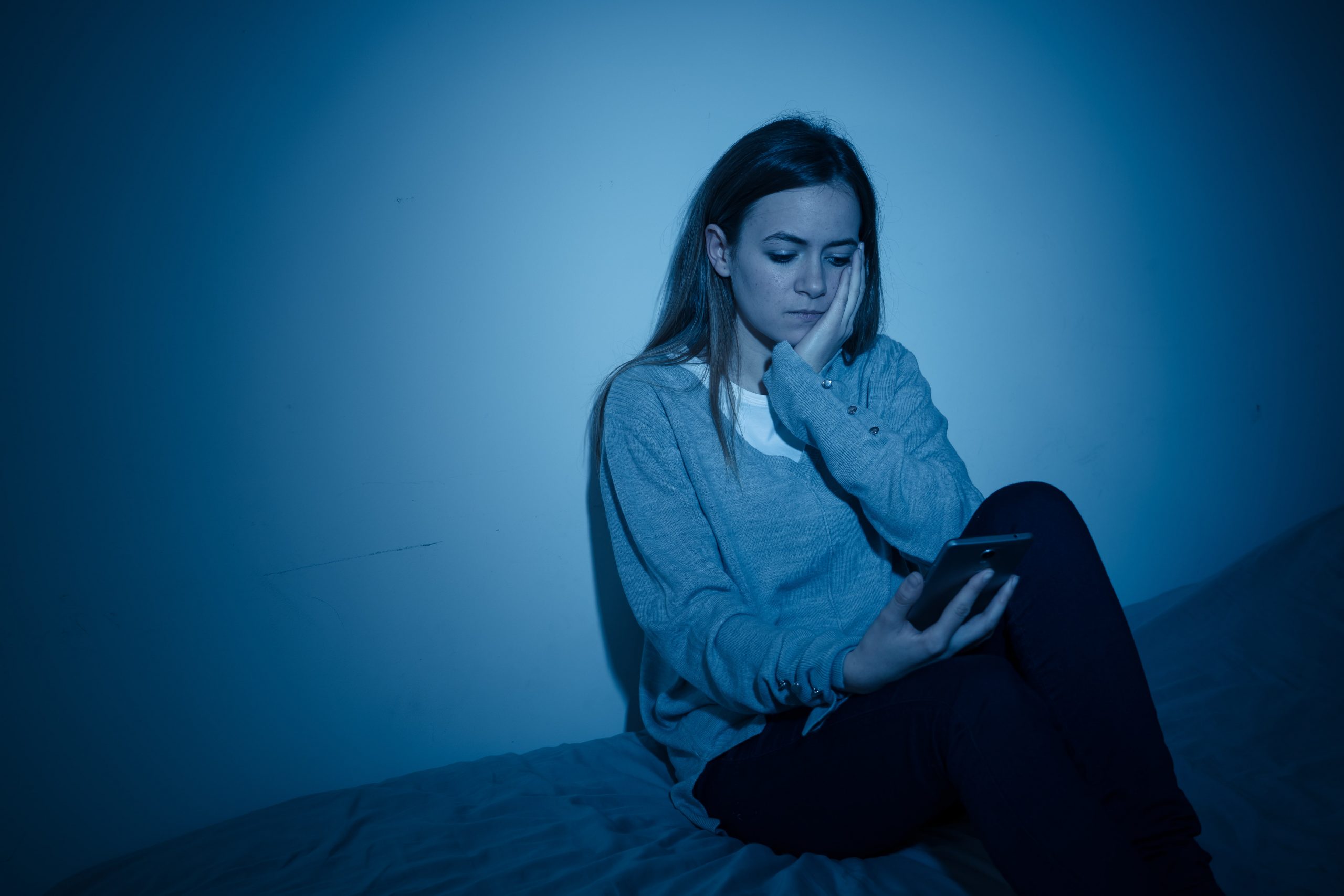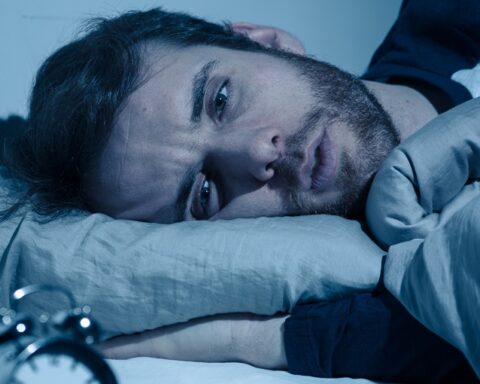Insomnia is a sleep disorder that results in sleeplessness, inability to stay asleep and can cause you to wake up early and not get back to sleep. This sleep disorder is common and often destabilizes your mood, saps your energy, and impacts your health in a way that affects your task performance and quality of life. Short-term insomnia can be triggered by trauma or stress, whereas chronic insomnia is linked to certain medications and medical conditions. Nonetheless, it is characterized by a lack of quality sleep or no sleep at all. People with insomnia are shortchanged on the amount of sleep that can help them healthy. And how much sleep a person can have varied, but, on average, an adult should sleep for 7 to 8 hours a night. And while lifestyle changes and over-the-counter medications such as sleeping pills may help relieve insomnia, they come with severe side effects. And it is no surprise that people are turning to CBD to help get rid of the negative effects of insomnia.
Insomnia is a sleep disorder in which people have trouble catching sleep. It may manifest itself in the form of someone having trouble falling asleep or staying asleep for the desired time frame but is generally associated with sleeplessness. This disorder eventually catches up with a patient when the negative effects start creeping into their daily routine. One may have difficulties performing daily tasks as desired, lowly motivated, low energy, irritable, and depressed, impacting the overall quality of life.
Other secondary consequences of insomnia may manifest in an increased risk of accidents on the road and at work, reduced ability to concentrate or focus, and lack of organization.
Causes and Symptoms of Insomnia
The three main drivers of insomnia (or sleeplessness) are stress, anxiety, and trauma. These factors could lead to long-term insomnia, but short-term causes may be linked to a temporary disruption in a person’s daily sleeping routine due to a change in working shift. Overall, one may experience sleeplessness because of the following reasons:
- Environmental triggers such as noise.
- Traveling to different destinations in varying time zones.
- Health conditions are characterized by pain and discomfort.
- Psychotic, bipolar, and anxiety disorders and depression.
- Hormonal shift during critical times such as menopause or menstruation.
- Pregnancy.
Symptoms
Insomnia is generally characterized by sleeplessness, the result of which could be an underlying condition. Regardless, this sleep disorder may exhibit the following symptoms:
- Waking up earlier than planned.
- Having trouble catching sleep.
- Frequent tension headaches.
- Daylight fatigue and sleepiness.
- Waking up and finding it hard to get back to sleep.
CBD and Insomnia: What are Cannabinoids?
CBD, being one of the active cannabinoids (phytochemical) present in cannabis, can attach to CB1 receptors found in the central nervous system act as a chemical messenger for the brain. And depending on the location of the receptors, CBD impacts the body differently. The two main categories of cannabinoids researching subjects are tetrahydrocannabinol (THC) and Cannabidiol (CBD). And unlike THC that comes with mind-altering effects, CBD is non-psychoactive and doesn’t alter mental functions. Instead, it has a long list of therapeutic benefits, including anxiety, inflammation, and pain relief, which are factors that can help someone get some sleep.
Insomnia is a psychoactive condition that is linked to the brain and the central nervous system. And clinical studies suggest CBD can alleviate insomnia symptoms and the toll it can take on a patient. So, can CBD help you get some sleep? Well, research on CBD is still limited, but anecdotal evidence suggests that CBD can help you achieve a good night’s sleep.
The Relationship Between the Endocannabinoid System (ECS) and Sleep
The endocannabinoid system ensures the body’s homeostatic function is in a state of balance. As such, your body is in great shape in terms of mood, sleep, and appetite. The ECS comprises a network of CB1 and CB2 receptors throughout the body. Regarding how it affects sleep, studies show that CBD can interact with ECS while targeting specific receptors that control the sleep-wake pattern. And regarding triggers and side effects of insomnia, CBD can help relieve anxiety, reduce overthinking, and generally alleviate the elements that can interfere with sleep. By doing so, CBD helps improve the quality of sleep.
CBD and the Importance of Healthy Sleep
According to the National Sleep Foundation, over 70 million Americans are struggling with sleeping disorders. One night without sleep can have a toll on you. From drowsiness and moodiness to anxiety, one may not perform as desired because of these negative effects of insomnia. Unfortunately, many people cannot have a good night’s sleep because of insomnia and other sleep disorders.
Everyone needs a good rest after a working day. And nothing beats a good night’s rest. Unfortunately, not so many of us get to enjoy that because of insomnia. And it is no surprise that people are opting to use alternative therapies like CBD oil to deal with the symptoms and the negative toll of insomnia.
Most folks with insomnia, according to the National Sleep Foundation, derive this condition from the following factors:
- Environmental factors.
- Physical conditions such as restless leg syndrome.
- Mental health issues such as PTSD, anxiety, and depression.
- Certain types of medications.
While research is still in its initial stages, CBD has been proven to relieve pain and anxiety, which are key drivers that lead to sleep deprivation.
Benefits of CBD oil for Insomnia
The focus of most studies has been how CBD can help folks with insomnia get some quality sleep. And while some has not been able to state how that happens conclusively, research indicates that CBD can help ease the negative toll of insomnia through:
- Easing pain and discomfort.
- Relieving anxiety and depression.
- Boosting mood.
CBD improves sleep by tackling the root cause of insomnia in patients.
- Chickpeas vs. Garbanzo Beans: What’s the Difference? - April 19, 2024
- How to Manage or Improve Anxiety - September 21, 2023
- The birth of a company - July 29, 2023









